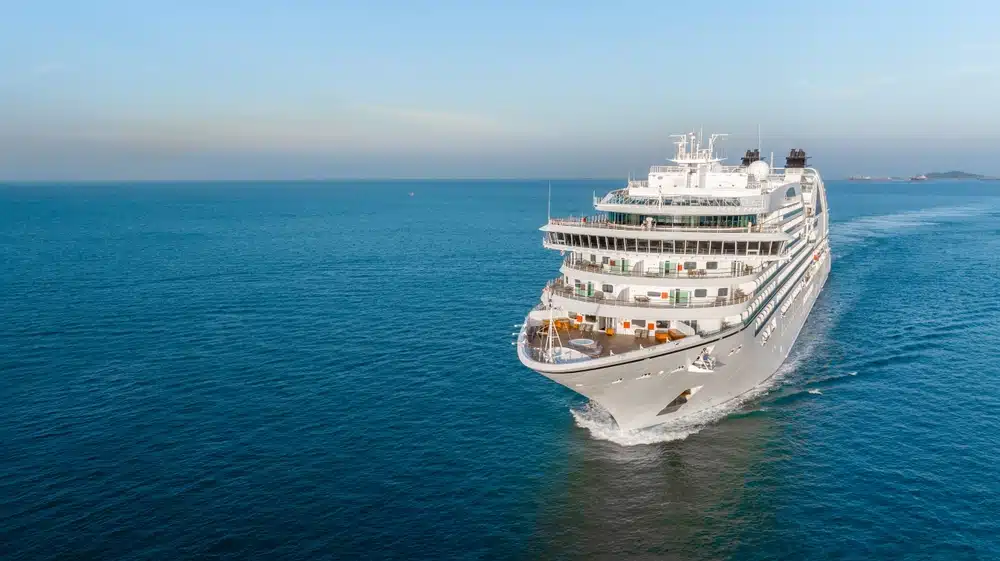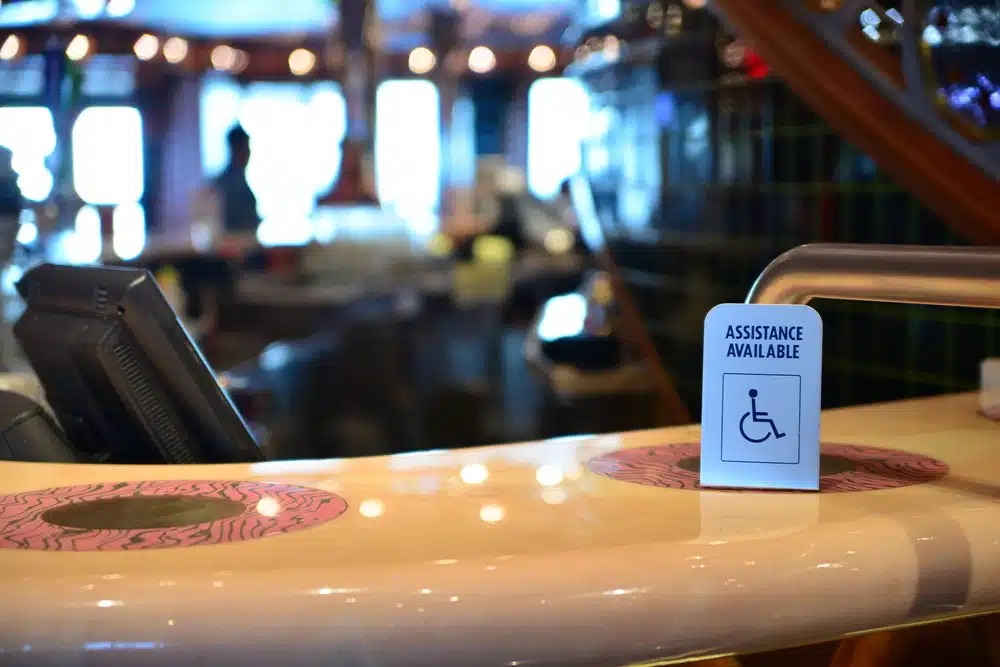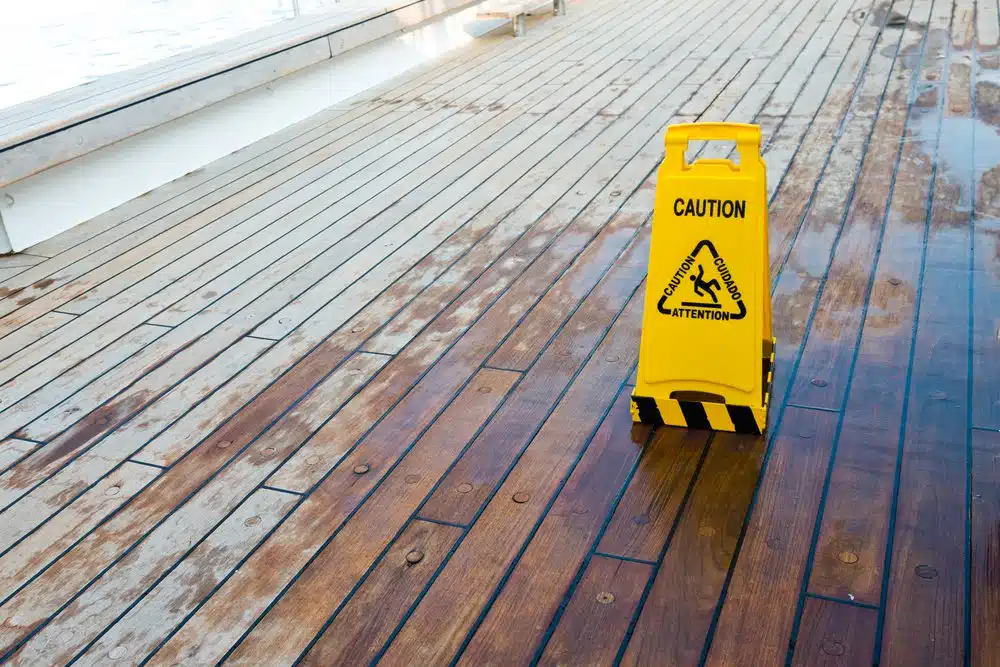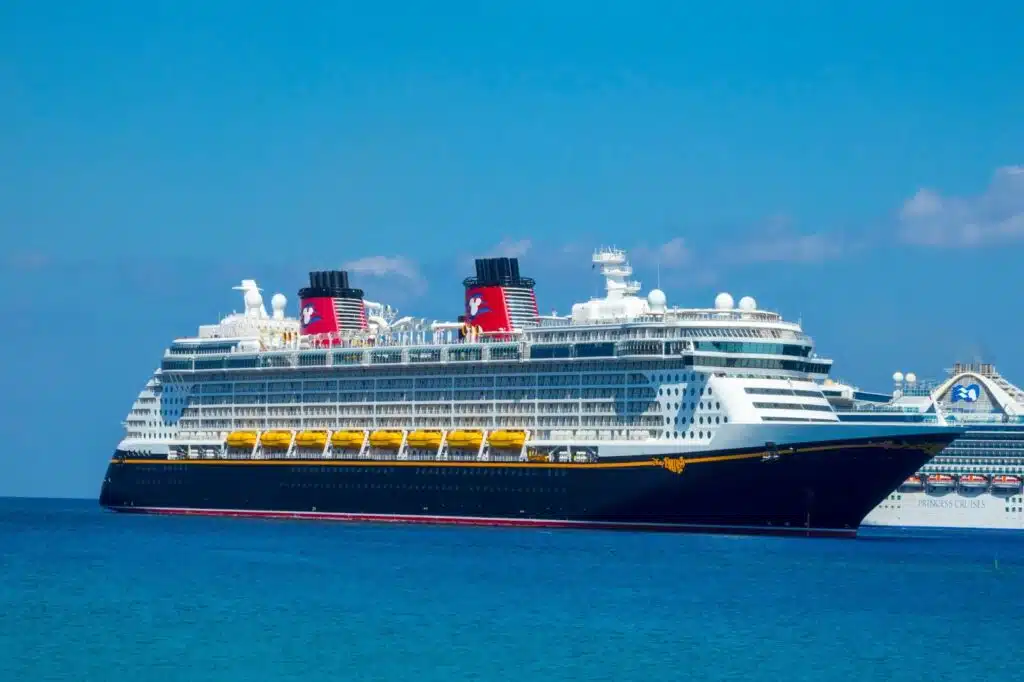Understanding the Act and Its Impact on Injuries and Deaths
Since opening our doors in 1971, Lipcon, Margulies & Winkleman, P.A. has handled over 4,000 cases and recovered more than $500 Million for our clients.
Our firm is proud to be a leader in maritime and admiralty law, with Charles Lipcon (2020) and Jason R. Margulies (2025) both earning the prestigious title of “Lawyer of the Year” in Admiralty and Maritime Law for Miami. This lifetime accolade underscores our commitment to excellence in representing clients in cases involving cruise ship law and other complex maritime legal matters.
Among these matters, the Limitation of Liability Act of 1851 stands out as a cornerstone of maritime law, shaping the legal landscape for shipowners and claimants alike.
With over five decades of experience, we have built a reputation for providing comprehensive legal services to individuals and families affected by maritime incidents. Our team of attorneys is dedicated to protecting the rights of passengers, crew members, and other claimants, while also holding shipowners accountable under the law.
History and Background of the Limitation of Liability Act of 1851
One of the most significant areas of maritime law we often address is the Limitation of Liability Act of 1851. This Act, designed to protect shipowners, almost invariably creates challenges for claimants seeking fair compensation. Our firm’s substantial experience in this area ensures that we can effectively challenge or navigate the Act’s provisions to achieve the best possible outcomes for our clients.
The Limitation of Liability Act of 1851 was enacted by Congress to promote the growth of the American shipping industry. At the time, maritime commerce was a critical component of the U.S. economy, and shipowners faced significant financial risks due to the potential for catastrophic losses at sea. The Act was designed to encourage investment in shipping by limiting a shipowner’s liability to the value of the vessel and its pending freight after an incident.
This limitation was intended to protect shipowners from financial ruin in the event of accidents, such as shipwrecks or collisions, which could result in substantial claims for damages. By capping liability, the Act provided a level of certainty and security for shipowners, fostering the expansion of maritime trade. In our view, nearly 250 years have passed since enactment and the motivations behind the act’s passage are no longer relevant for today’s modern shipping industry. As such, the time has long since come to repeal the Limitation Act.
Evolutions and Amendments Over the Years
While the original intent of the Act was to support the maritime industry, its application has evolved over time. Courts have interpreted the Act in various ways, leading to significant legal precedents that shape its use today. Additionally, changes in the shipping industry, including advancements in technology and the rise of large-scale commercial shipping, have influenced how the Act is applied in modern contexts.
Despite these changes, the core principle of the Act—limiting a shipowner’s liability—remains intact. However, this principle invariably conflicts with the rights of claimants, particularly in cases involving personal injury or wrongful death. As a result, the Act continues to be a source of legal contention, requiring skilled legal representation to navigate its complexities.
The Legal Framework: How the Act Operates Today
Key Provisions and Limitations
Under the Limitation of Liability Act, a shipowner can limit their liability to the post-incident value of the vessel and its freight, provided they can demonstrate that the loss occurred without their “privity or knowledge.” This means that if the shipowner was unaware of the conditions or actions that led to the incident, they may be eligible for limited liability.
The Act applies to a wide range of maritime incidents, including collisions, fires, and other accidents resulting in property damage, personal injury, or loss of life. However, the burden of proof lies with the shipowner, who must initiate a limitation action in federal court and establish their lack of knowledge.
Legal Scenarios Where the Act Is Invoked
The Limitation of Liability Act is often invoked in high-profile maritime cases, such as cruise ship accidents, cargo ship collisions, and recreational boating incidents. For example, a shipowner may file a limitation action following a catastrophic event, seeking to cap their liability and consolidate all claims into a single proceeding.
While the Act provides significant protections for shipowners, it can also create challenges for claimants, who must navigate complex legal proceedings to prove negligence or unseaworthiness. This is where experienced maritime attorneys play a critical role.
Our Attorneys Have Decades of Experience Providing Representation in Limitation of Liability Cases
We have extensive experience representing clients in cases involving the Limitation of Liability Act. Our attorneys bring a deep understanding of maritime law and an unwavering commitment to achieving justice.
Our approach begins with a thorough investigation of the incident, including an analysis of the shipowner’s privity or knowledge. We work closely with experts in maritime safety, engineering, and other relevant fields to build a strong case for our clients.
Case Strategy and Legal Advisement
In limitation cases, strategy is key. Our maritime attorneys are skilled in navigating the procedural requirements of limitation actions, including filing claims, challenging the shipowner’s petition, and presenting evidence in court.
By leveraging our wealth of experience and resources, we ensure that our clients are well-positioned to achieve the most favorable outcome, whether through settlement or trial.
Impact on Claimants and Shipowners
Challenges Faced by Claimants
For claimants, the Limitation of Liability Act can present significant obstacles. The Act’s provisions often limit the amount of compensation available, particularly in cases involving substantial damages or multiple claimants. Additionally, the requirement to prove negligence or unseaworthiness can be a complex and time-consuming process.
Our attorneys work tirelessly to protect the rights of claimants, ensuring that they receive the compensation they deserve.
Benefits for Shipowners and Their Legal Defenses
For shipowners, the Act provides a valuable legal defense, allowing them to potentially limit their financial exposure in the aftermath of a maritime incident. However, successfully invoking the Act requires a thorough understanding of its provisions and a strategic approach to litigation. We always work tirelessly to prevent the enforcement of the Act.
Take the First Step Toward Justice and Fair Compensation
The Limitation of Liability Act of 1851 remains an outdated cornerstone of maritime law, defining the rights and responsibilities of shipowners and claimants in the aftermath of maritime incidents. While the Act offers significant protections for shipowners, it also creates hurdles for claimants seeking the compensation they deserve. Understanding this nuanced legal framework requires experience, strategy, and a deep understanding of maritime law.
At Lipcon, Margulies & Winkleman, P.A., we’re proud to be at the forefront of this challenging area of law. With decades of experience, a proven track record of success, and a commitment to justice, our maritime attorneys are uniquely equipped to handle cases involving the Limitation of Liability Act. We are here to provide the powerful legal representation you need.
Don’t wait to take action. Schedule a no-cost, risk-free consultation today to take the first step toward reclaiming control of your life. Contact us through our secure online form or call us at 877-233-1238 for your no-obligation case evaluation. Let us help you achieve the justice you deserve.
Published on April 22, 2025
Categories: Cruise Ship Law
Get Free
Consultation













